Description
‘Kalyan’ in Sanskrit signifies ‘auspiciousness’ or ‘perfect well being’ in the context of health. The psychosomatic origin of many mental health issues is well established in the Ayurvedic line of treatment. ‘Mahakalyanaka Ghrita’ is an intricate formula that heals and enhances your mental faculties through the gut.
Ghees or fats are widely acclaimed for their ‘Sookshma’ swabhava, the capability to reach deep into tissues and the central nervous system. It is efficient in crossing the blood brain barrier and delivering the therapeutic action in the desired sites of action
Features and benefits of Mahakalyanaka Ghrita –
- Mahakalyanaka Ghrita facilitates the smooth movement of Prana and Apana Vayu throughout the system. These two elements of Vata are responsible for a functional gut which in turn ensures optimal brain activity.
- Mahakalyanaka Ghrita fine-tunes intellect improves memory, focus and concentration. It improves mood and general disposition.
- It is beneficial in the treatment of tremors, tics and convulsions due to its calming effect on the nervous system.
- It boosts digestive function and metabolism.
- Mahakalyanaka Ghrita has a conducive effect on the quality of sperm in males and ovum in females. It improves fertility and sexual vigour.
Adult: 7-10 ml of Mahakalyanaka Ghrita early in the morning on empty stomach
Child: 5-7 ml of Mahakalyanaka Ghrita once in the morning on empty stomach.
Key ingredients and their properties:
KUSHTAM (Sausseria lappa)
Kushtam also called Sausseria lappa is a well-used drug in Ayurveda that has good anti-inflammatory and antibacterial properties. It also helps in preventing infections.
NAGAKESARA (Messua ferrea)
Ironwood Tree possesses many therapeutic benefits. It is a hemostatic that stops bleeding and is also an anti-inflammatory. The Ayurvedic Pharmacopoeia of India recommends the use of the plant in gout, hemorrhagic disorders and diseases of the urinary bladder.
PRISHNIPARNI (Uraria picta)
Prishniparni is a well-known medicinal herb of Ayurveda. In Ayurveda, it is used in the treatment of asthma, dysentery, delirium, ulcers, malarial fevers, fractures of bones, inflammation of chest and diarrhea, catarrhs, bleeding piles and many other ailments. The roots of the plants mainly contain alkaloids, saponins, flavonoids, glycosides, proteins, steroids, tannins and phytosterols.
SARIVA (Hemidesmus indicus)
Sariva is a semi-erect herb that has various phytoconstituents. These compounds add medicinal value to the herb. Sariva has been used in the Ayurvedic system of medicine for many years. It is used in the treatment of conditions like skin disorders, diarrhea, dysentery, eye diseases, syphilis, leukoderma, dyspepsia, chronic fever, leprosy, asthma, and others.
MANJISHTA (Rubia Cordifolia)
Manjistha or Indian Madder is considered to be one of the best blood-purifying herbs. It is mainly used to break down blockages in the blood flow and remove stagnant blood. Manjistha herb can be used both internally and externally on skin for promoting skin whitening.It helps manage acne and pimples by inhibiting the growth of acne-causing bacteria due to its antioxidant property.
ELA (Elettaria cardomum)
It is commonly used as Elaichi. It has very good antibacterial and antifungal properties, It helps in reducing inflammation. Cardamom is often given the epithet ‘queen of spices’ as it is used to flavor food in many countries. In addition, the herb has several health benefits. The German Commission E has indicated the use of Cardamom in dyspepsia and as a cholagogue, which promotes bile discharge from the system. The herb is also helpful in treating gum and teeth infections, throat congestion and kidney disorders.
CHANDANA (Sanctalum album)
The addition of sandalwood or Chandana nourishes the skin by reducing pimples, acne marks, blemishes, suntan, dullness and excess oil from the skin. This potent herb pacifies Pitta doshas, cleanses the skin, reduces inflammation and effectively treats conditions like diarrhea and piles.
ASWAGANDHA (Withanya somnifera)
Ashwagandha is commonly used for stress. It is also used as an “adaptogen” for many other conditions, but there is no good scientific evidence to support these other uses. Ashwagandha contains chemicals that might help calm the brain, reduce swelling (inflammation), lower blood pressure, and alter the immune system. The root contains steroidal compounds which include the lactones Withaferin A and carbon-27-glycowithanolide, known collectively as the Withanolides. The Withanolides are responsible for the varied medicinal applications of the herb. Winter Cherry also contains a fair amount of alkaloids including tropine, pseudotropine, isopelletrine, anaferine and saponins, which impart medicinal properties to the herb.
KAPIKACHU (Mucuna pruriens)
Kapikachhu helps improve sperm count and its ability to swim (motility). The herb prevents cellular oxidative stress by and improves semen quality, supports sperm production, and maintaining healthy semen balance.


 Sign In
Sign In Cart
Cart 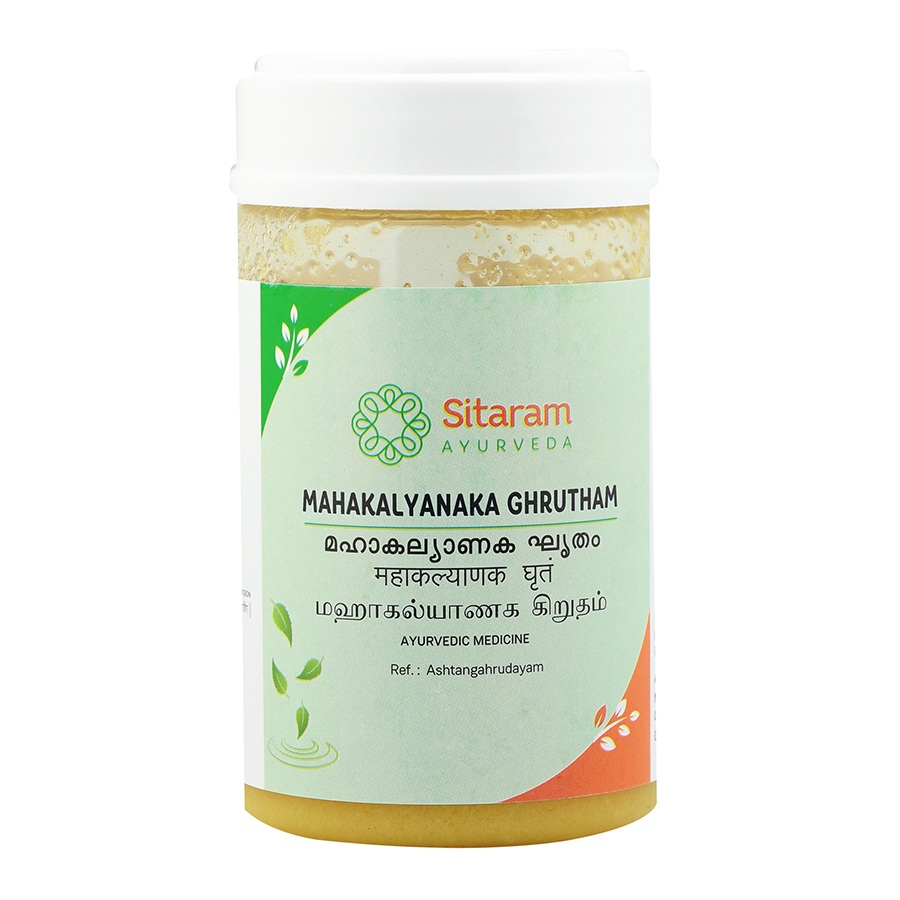
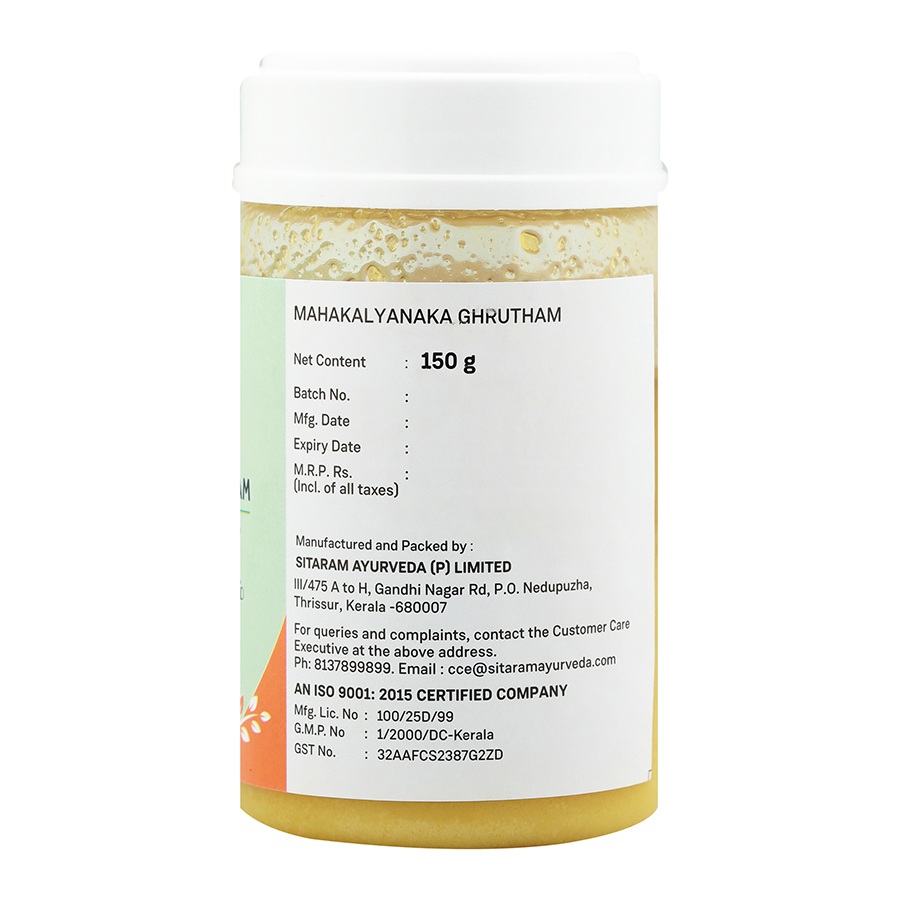
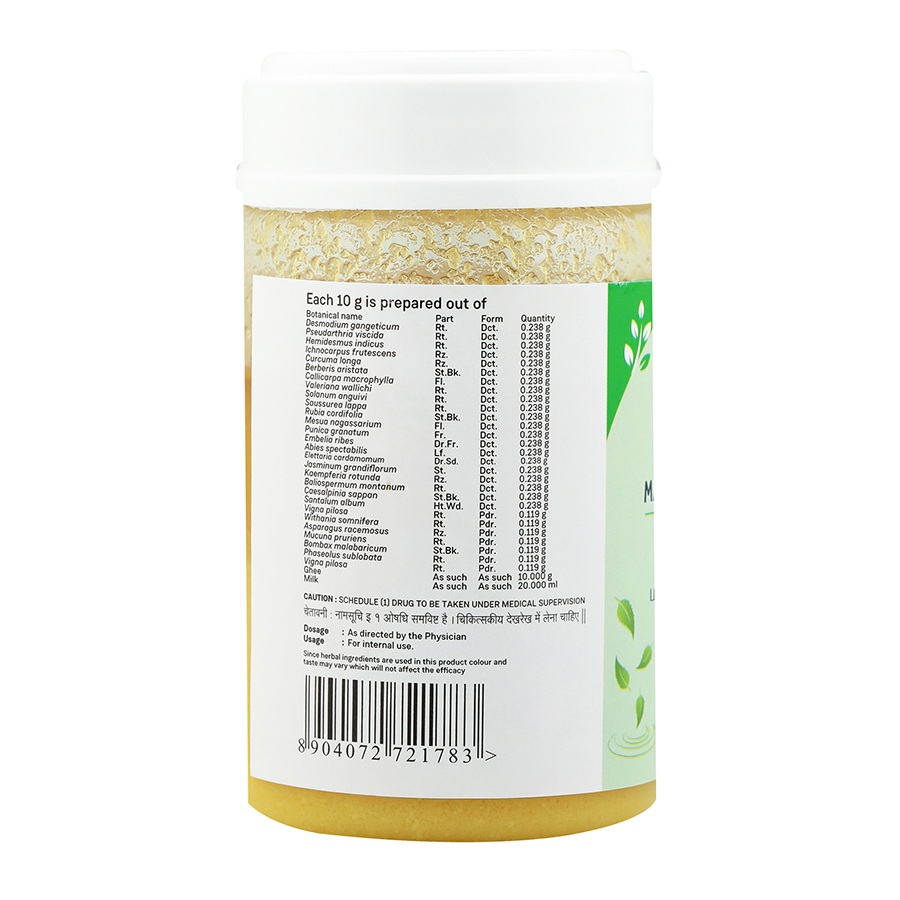
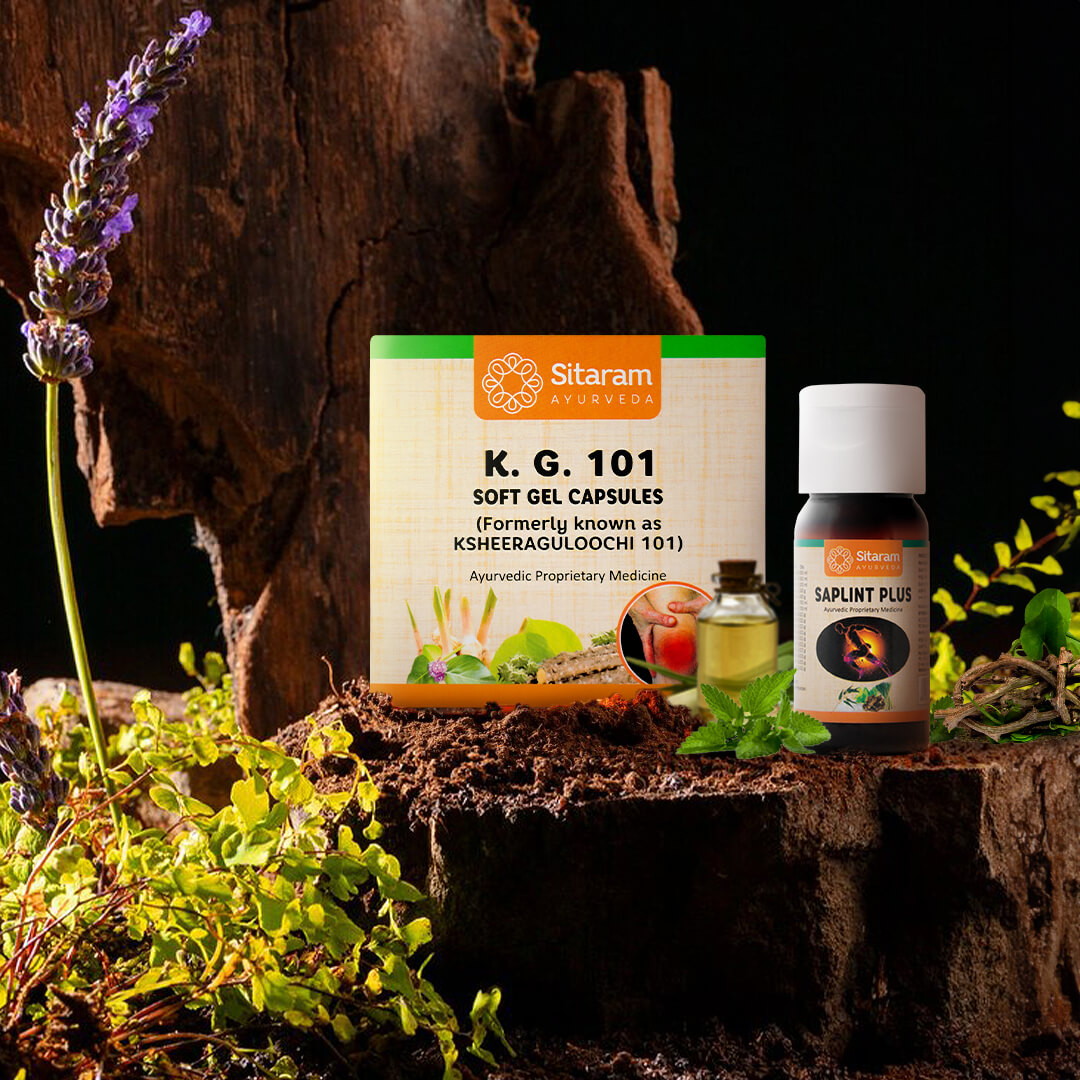
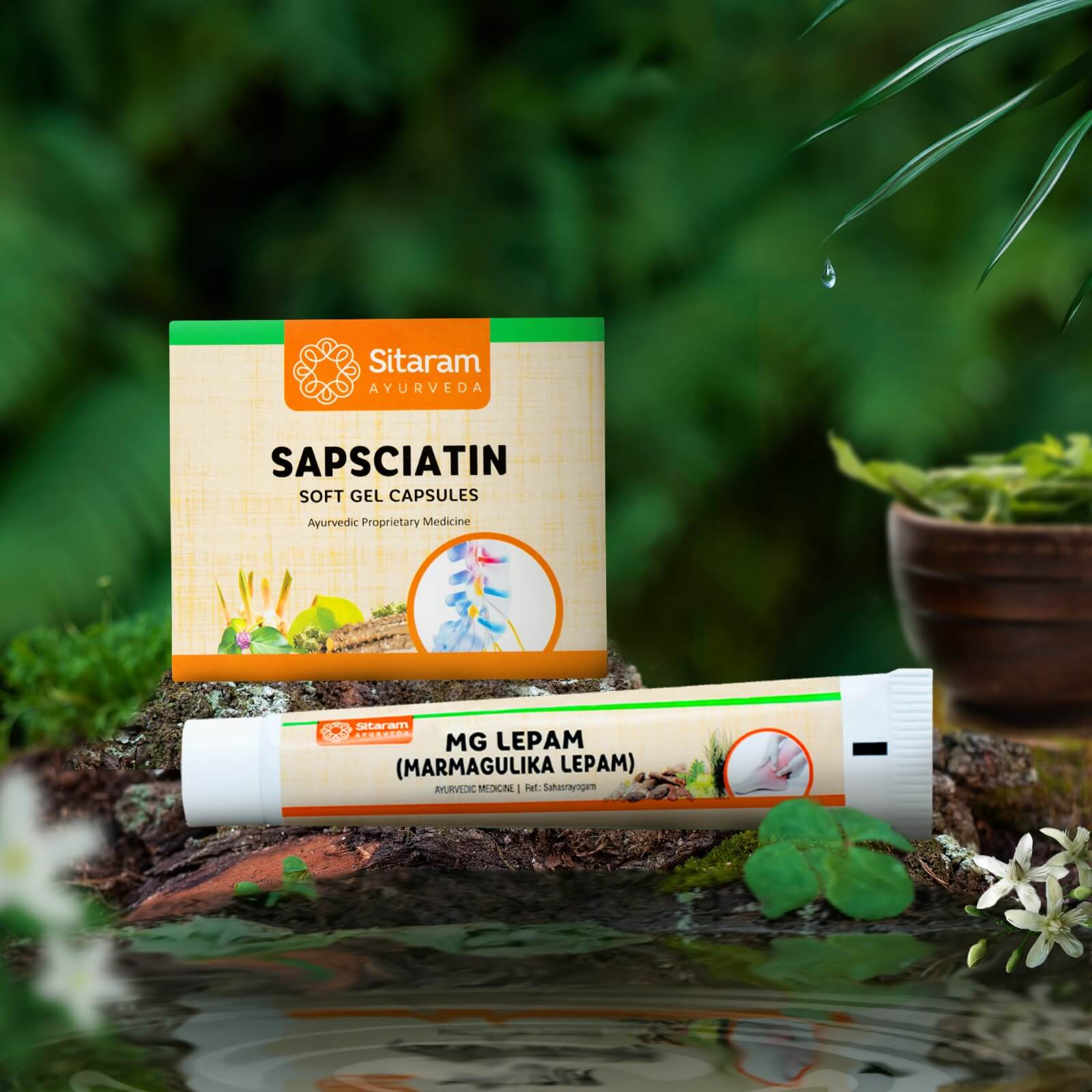
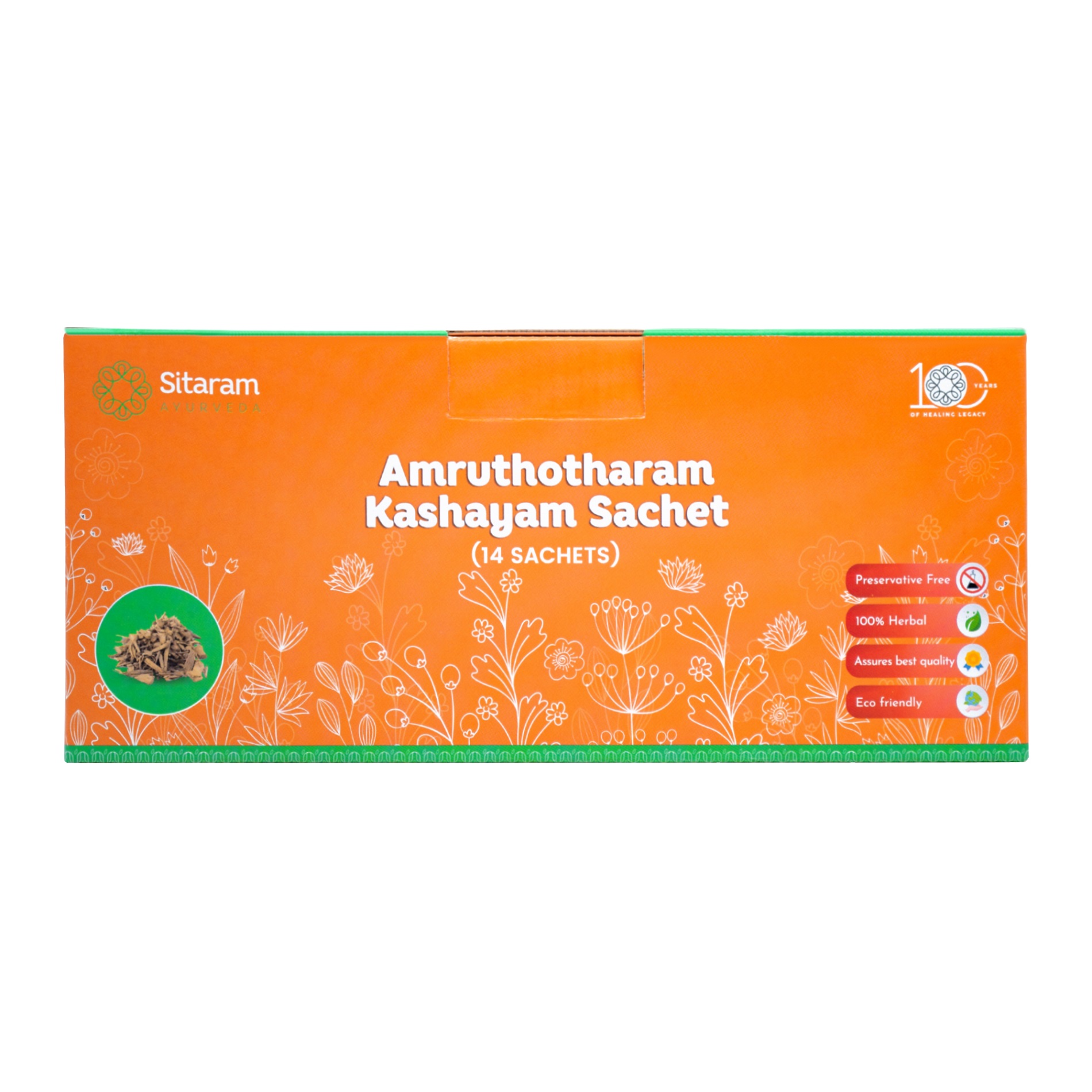
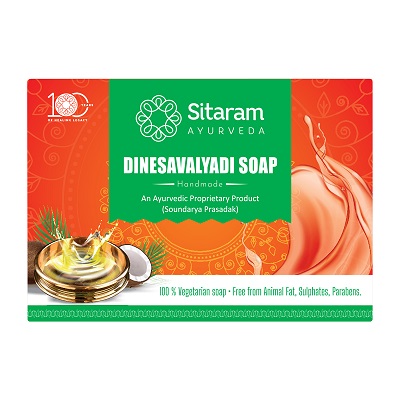
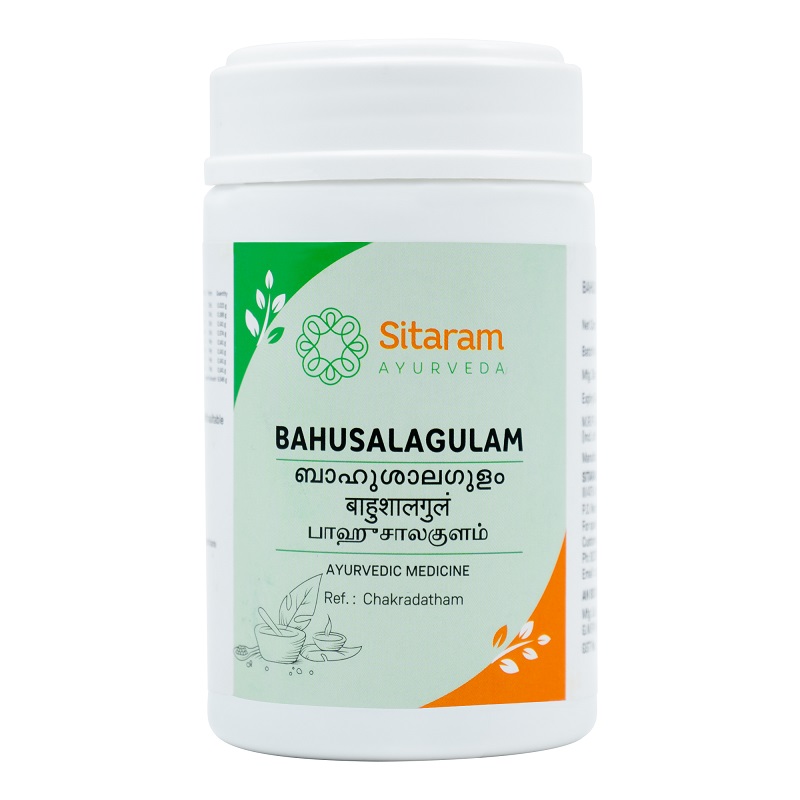
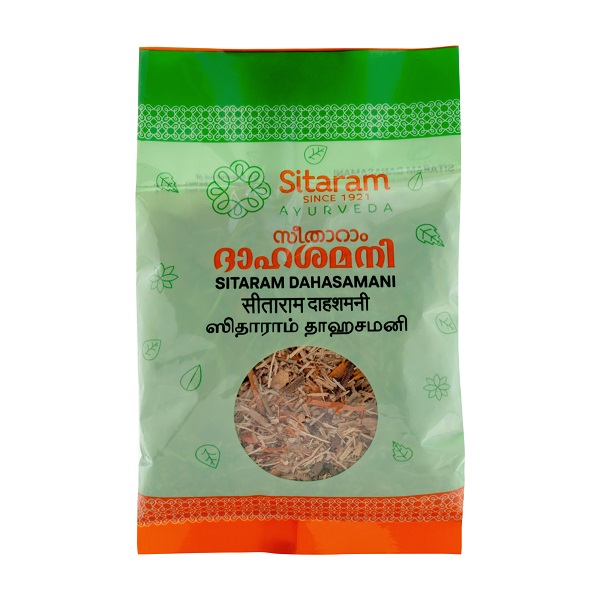
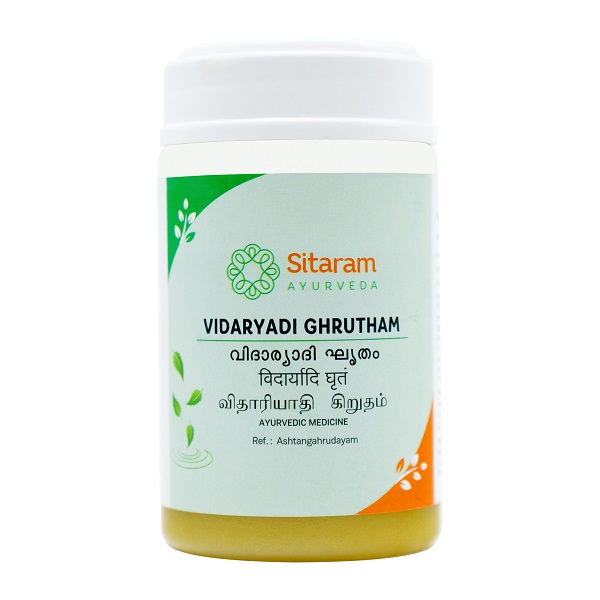
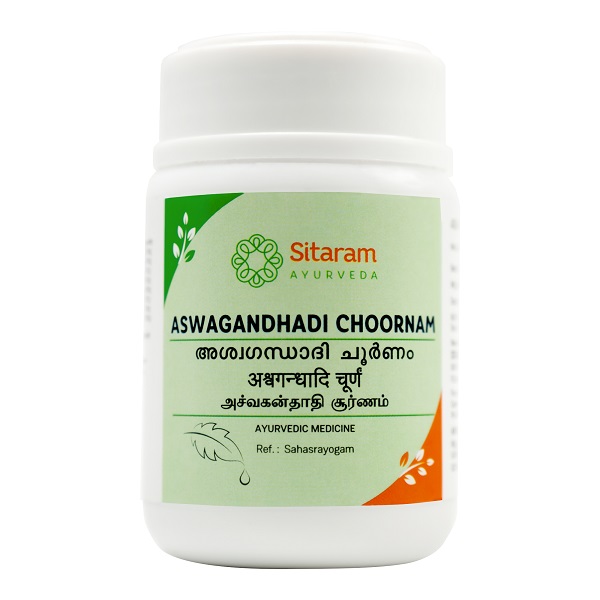
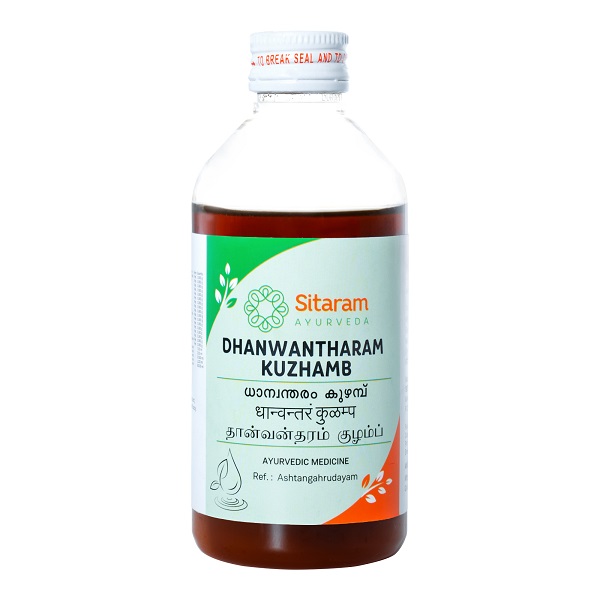
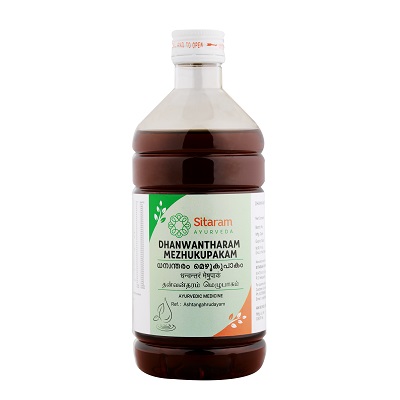
Dr. Wakeel Ahmad (verified owner) –
very good product and complete bases of shastriye mathod